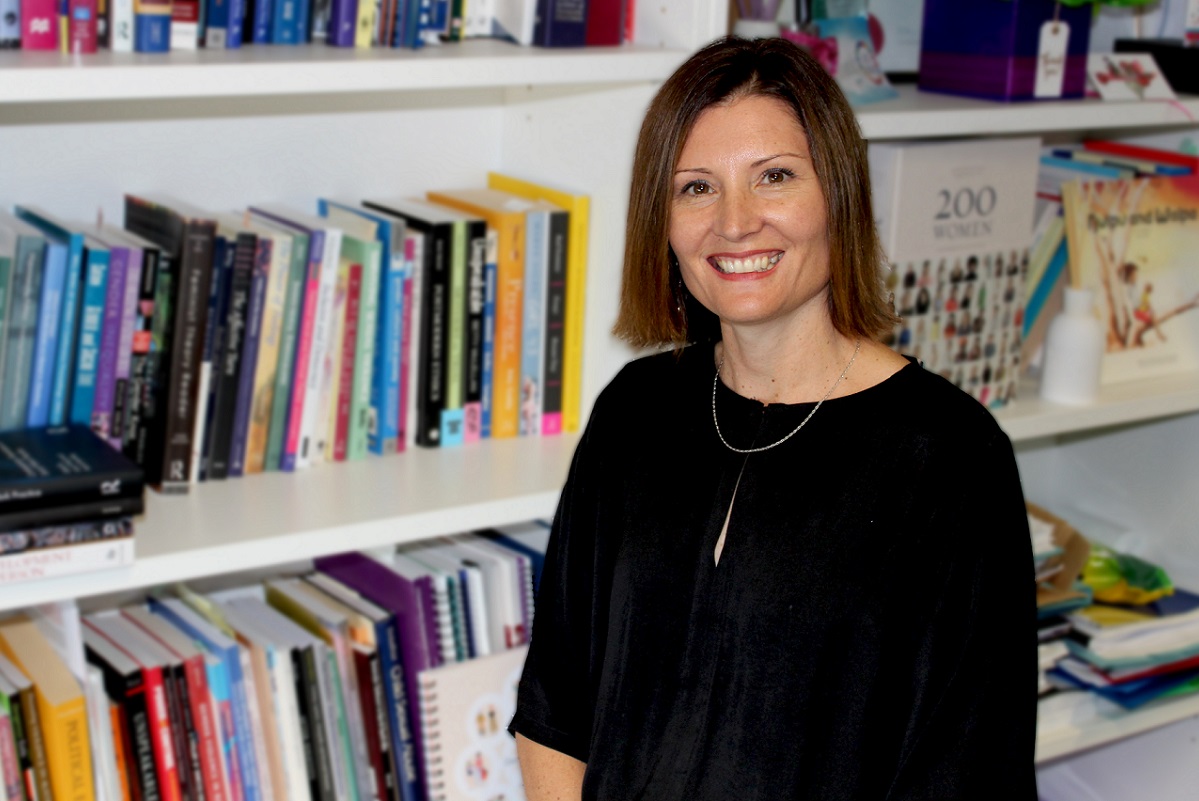
Professor Sarah Wendt made the switch to academia to find innovative solutions to a widespread societal challenge that impacts communities around the world and prevails despite widespread attention.
What inspired you to change to academia from practice ?
As a social worker, I work in the field of domestic violence. Practice is vital in domestic violence because it potentially saves women’s lives and can enable them to live a life free from violence. However, the prevalence rate of domestic violence is not decreasing. I was therefore inspired to change to academia so I could research and advocate for social, cultural, and political change to respond to domestic violence at a macro level. Domestic violence is a societal problem that requires a societal response; hence solving this problem should not be left up to individual women and social workers.
What does your current work involve?
I am currently Director of the Social Work Innovation Research Living Space (SWIRLS) at Flinders University. This is a research centre that aims to grow the evidence base of social work practice. We partner with service providers and service users to develop innovative solutions to some of our most difficult social challenges. I therefore lead research projects exploring the intersection of domestic violence and child protection, men’s use of violence, young women’s experiences of homelessness and violence, and Aboriginal ways of being and working in strengthening families.
I am also Professor and Discipline Head of Social Work. Flinders social work is experiencing an exciting time whereby we are redesigning and renewing the Bachelor of Social Work and Master of Social Work, engaging with skills and simulation labs to teach practice, and integrating field education placement development in and across the discipline.
Can you describe a significant finding in your research and its impact on society?
I determined the key aspects of living in rural environments and communities which shape experiences and perceptions of domestic violence. My book on this topic was the first in-depth investigation of the domestic violence in rural communities in Australia.
What has been one of your proudest moments?
Watching my two sons grow up makes me proud and thankful every day. For me personally, completing my Bachelor of Social Work was special – as I am the first in my family to go to University. Social Work enabled me to work in the field of domestic violence and to complete my PhD.
Entering academia back in 2006, I remember thinking, I want to run my own research centre to make social work practice visible and to tackle social injustices in the world. So a proud moment for me was establishing SWIRLS in 2019. The research centre is now working with multiple stakeholders across government and non-government sectors and goes out of its way to include the voices and experiences of service users.
How do you deal with your own challenges that life brings?
Challenges arise often in life (personal and work), it is about how you overcome them. I try to approach challenges with calmness, evidence, and then a plan. Leaning into and understanding the challenge – not being afraid of it.
What does a normal day look like for you?
I get up early to drop my boys at school. I love our chats in the car! My work day is so varied. It can be meeting with social work staff, writing grants, interviewing research participants, through to meeting key stakeholders in the social service sector. I truly enjoy my work.
On the weekends I walk on the beach, cook, walk the dog, watch my boys playing sport, catch up with friends, and visit family in the Barossa Valley regularly – which is where I grew up! I must confess, I enjoy a glass of wine with dinner and a good ole chin wag with my husband about our days.

